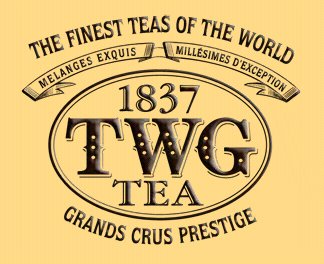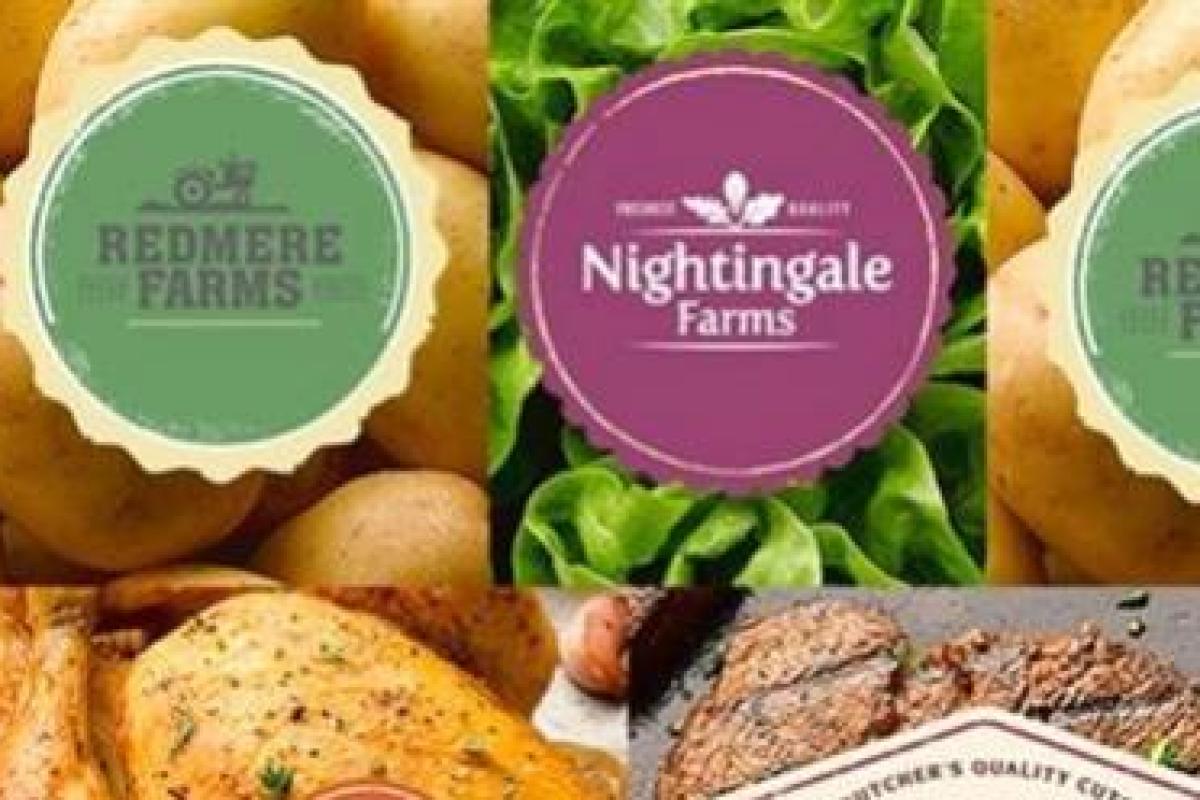If you thought ‘£350m a week’ was an outrageous piece of fiction, you should take a look at Tesco’s range of ‘local farm’ produce.
After months of slow-boiling controversy, last week the supermarket giant was referred to Trading Standards by the National Farmer’s Union (NFU), who objected to the ‘suggestion’ that the products purporting to be from places called things like ‘Nightingale Farms’ were indeed from places… well, called ‘Nightingale Farms’. A majority of consumers, they claim, believed the products were sourced in the UK (Rosedene Farms sell pears from Belgium, for instance).
Is this a legitimate piece of marketing? Or is it wilful deception? It has been noted that neither Aunt Bessie, Uncle Ben nor Ronald McDonald have come in for comparable criticism. We don’t expect Mr. Kipling to personally endorse every French Fancy we buy, so why are we getting so indignant about a bit of creative license from a retailer?
There’s certainly a grey area here. Tesco haven’t masterminded an immense conspiracy. You don’t have to look very hard to find out that Rosedene Farm Strawberries come from Morocco. So where do you draw the line between cynical deception and mere ‘massaging’ of the truth?
I think the difference lies in two main areas: intent and expectation.
What Tesco have done with this range is intentionally exploit a growing consumer desire for locally sourced British produce. This makes the parent brand appear dishonest and worse – actively fraudulent. That Tesco sources potatoes from a farm in England is an entirely plausible story, which makes its subversion of the truth even more pernicious.
The second issue is with expectation – the extent to which we, as consumers, are happily and knowingly deceived. I think this varies greatly across categories and markets. We know that a signature on a bottle of whisky doesn’t necessarily mean that every bottle was approved by a ‘master distiller’, but we like the sense of quality it implies. Many of us know Haagen Dazs isn’t really from some Bavarian ice cream retreat, but we don’t care because it’s not that important when the product is all about sex. And in Asia, authenticity frequently matters very little. For instance, Singaporean brand 1837 TWG Tea (founded 2008) has no problem with its skillfully implemented veneer of faux heritage.

To some extent we are all complicit in the stories we let others tell us. We need brands to help us choose between products, because without them, we’d be paralysed by choice. But when those brands lie to us, they stop being persuasive communicators because they revoke the trust we’ve placed in them. Are truth and charisma mutually exclusive? I don’t believe so. McCann’s motto ‘truth well told’ is worth remembering here. Creativity is not the same as deceit.
